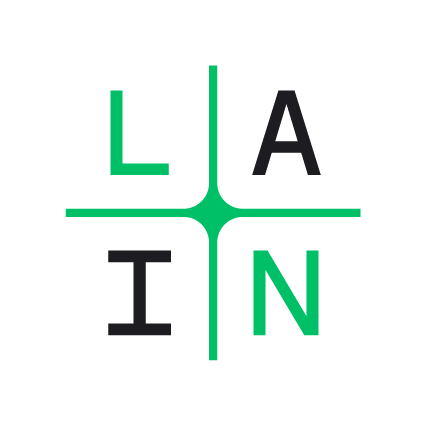How Route into Work is helping young Londoners into careers in transport and infrastructure
Image credit: Transport for London
Founding member of the London Anchor Institutions’ Network Transport for London is committed to supporting London’s equitable recovery from the Covid-19 pandemic by supporting young Londoners into work. Here, Heena Chaudry, Skills and Employment Manager within the Early Careers Team at Transport for London, explores the development of Route into Work, a programme run with London Transport Museum as a short pre-employment course, designed in partnership with employers in transport and infrastructure to train, prepare and guide young Londoners (aged 16-25) through each stage of an apprenticeship or entry-level role application process. The programme helps young people to gain sustained employment, and has been designed to help people who face barriers into work. Courses take place at the museum, an engaging and stimulating environment in the heart of London.
How did the course come about?
Between 2017 and 2018 we started working with London Transport Museum to ensure we had a fair access route to our apprenticeships, recognising that many young people were facing barriers within the traditional recruitment routes into our apprenticeships.
What kind of issues were you seeing?
For young people in London who were not in education, employment or training, or were at risk of this, there was a clear need for preparation and support to build their confidence, so that individuals could be fairly assessed on a level playing field.
How did you develop the course?
The London Transport Museum team work with a range of referral partners which enables both parties to understand who the programme is best suited to and maximise the success of participants. The team work closely with the Early Careers team at TfL to understand the recruitment process and agree the most appropriate pre-employment support.
How did you respond to the pandemic?
As Covid-19 hit, we immediately redeveloped Route into Work for delivery online, ensuring that even during the most difficult moments of the pandemic, young people in London could still receive support through the apprenticeship recruitment process. We also built in more wellbeing support for young people during their search for employment, particularly focused on helping to build their resilience. The course was rewritten as we adjusted to being back in-person within the Museum. As we continue to move out of the pandemic we hope to build on the success we’ve achieved so far, and we hope this will positively impact our current live recruitment campaign.
What kind of success has the course had to date?
The programme provides a unique learning environment and the team at the London Transport Museum work hard to help participants understand and recognise the skills and potential they have. Pre-pandemic, this was one activity which led to a significant increase in the number of women entering our technical apprenticeships. Representation of women rose from 0% in 2018 to 20% in 2019 and then to 27% during 2020, and our London Underground Fleet Engineering Level 3 apprenticeship achieved gender parity for the first time, so we think the course is having a fantastic impact.
What do you see for the future of the programme?
As just one part of our young people outreach and employability programme, we view Route into Work as a way of continuing to innovate and engage with young people who seek this help. We are looking to launch two new longer-term employability programmes to complement Route into Work and our other activities. We have taken the view to design our programmes, working with delivery partners, based on how far away from gaining work individuals are and whether they have previous work experience or not.
What do you think are the benefits of working with a wider network of anchor institutions?
Our goal in terms of working with other organisations and institutions in London is to achieve greater impact together in terms of providing opportunities for Londoners than we would individually. We also want to learn from others what the most effective and impactful way to deliver these programme might be.
We’re already applying what we’re learning - to complement Route into Work and to help those further away from being work ready we will shortly be introducing two, new 12-week employability programmes, developed as a result of our review of employability and young people outreach undertaken during the pandemic. The programmes will help those with and without work experience enter or return to work, and support the Mayor’s and our own priority to support an inclusive and sustainable economic recovery.
Do you think programmes like this could work within other sectors?
Route into Work and schemes like it can absolutely work for other industries. Working with the right delivery partner can help you to understand your business needs, what the existing barriers are that participants face, and help you to develop the most impactful activities to overcome these.


